In a blistering statement issued on the evening of June 25, the Democracy for Citizens Party (DCP)—led by former Deputy President Rigathi Gachagua—has demanded urgent government action following harrowing scenes during the one-year anniversary of the Gen Z anti-tax protests.
Three urgent demands from DCP:
- An immediate end to police brutality.
- Restoration of full media operations.
- Justice and compensation for the families who lost loved ones.
The DCP strongly condemned the shutting down of live media signals by the Communications Authority of Kenya (CA), branding it “state-sponsored censorship” and a direct violation of constitutional guarantees of free speech and press freedom.
Shocking violence captured
Eyewitness footage and rights groups revealed police firing live bullets and physically assaulting unarmed demonstrators across Nairobi and surrounding areas—including Mukuru and Pipeline—resulting in at least 11 confirmed deaths, among them a Form Three student and a young child.
The Kenya Human Rights Commission (KHRC) verified the use of live ammunition, condemning it as a blatant constitutional violation .
Media blackout and court reprieve
On June 25, CA officials stormed the NTV and KTN transmission centers, forcibly silencing the stations’ free-to-air signals in an effort to suppress real-time coverage of the protests.
However, the High Court swiftly intervened, issuing conservatory orders that temporarily restored broadcast services.
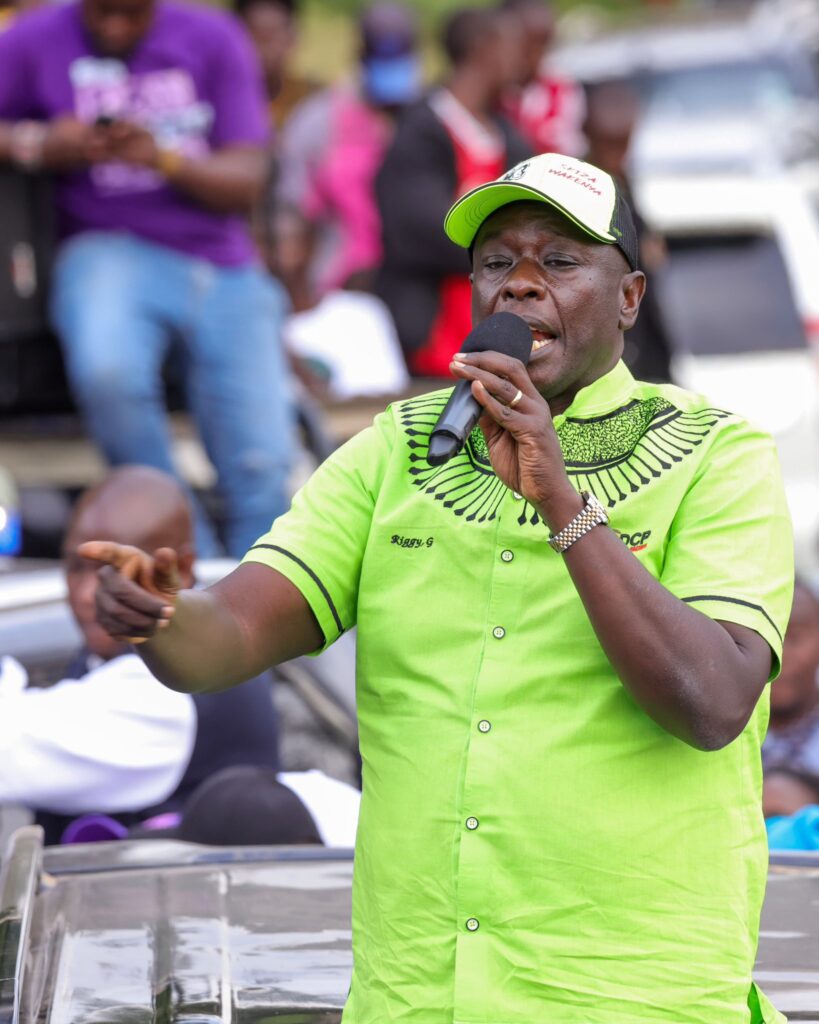
Outrage from DCP and opposition figures
Gachagua’s party sharply criticized the police, stating:
“Use of excessive force by security agencies, including the shooting and killing of unarmed demonstrators with live bullets… are not just violations of human rights; they are criminal acts that must be accounted for.”
Similarly, former CS Justin Muturi denounced the blackout as “a direct assault on our constitutional order,” citing Articles 33 and 34, which protect freedom of expression and media independence.
Families demand truth and compensation
The DCP has urged swift action to bring perpetrators to justice and secure compensation for grieving families—emphasizing accountability not only for the tragedies this year, but also for last year’s unrest.
The Gen Z demonstrations, originally sparked by the now-withdrawn Finance Bill 2024, escalated after bloggers and street vendors died in police custody, igniting national outrage and calls for reform.
Why this matters:
This is not merely a clash of politics—it marks a fierce test of Kenya’s commitment to constitutional rights, free press, and civilian protection. With DCP joining other political and media stakeholders, pressure is mounting on President Ruto’s government to respond decisively. Is this the moment Kenyan democracy reaffirms its core values—or the tipping point into further confrontation?

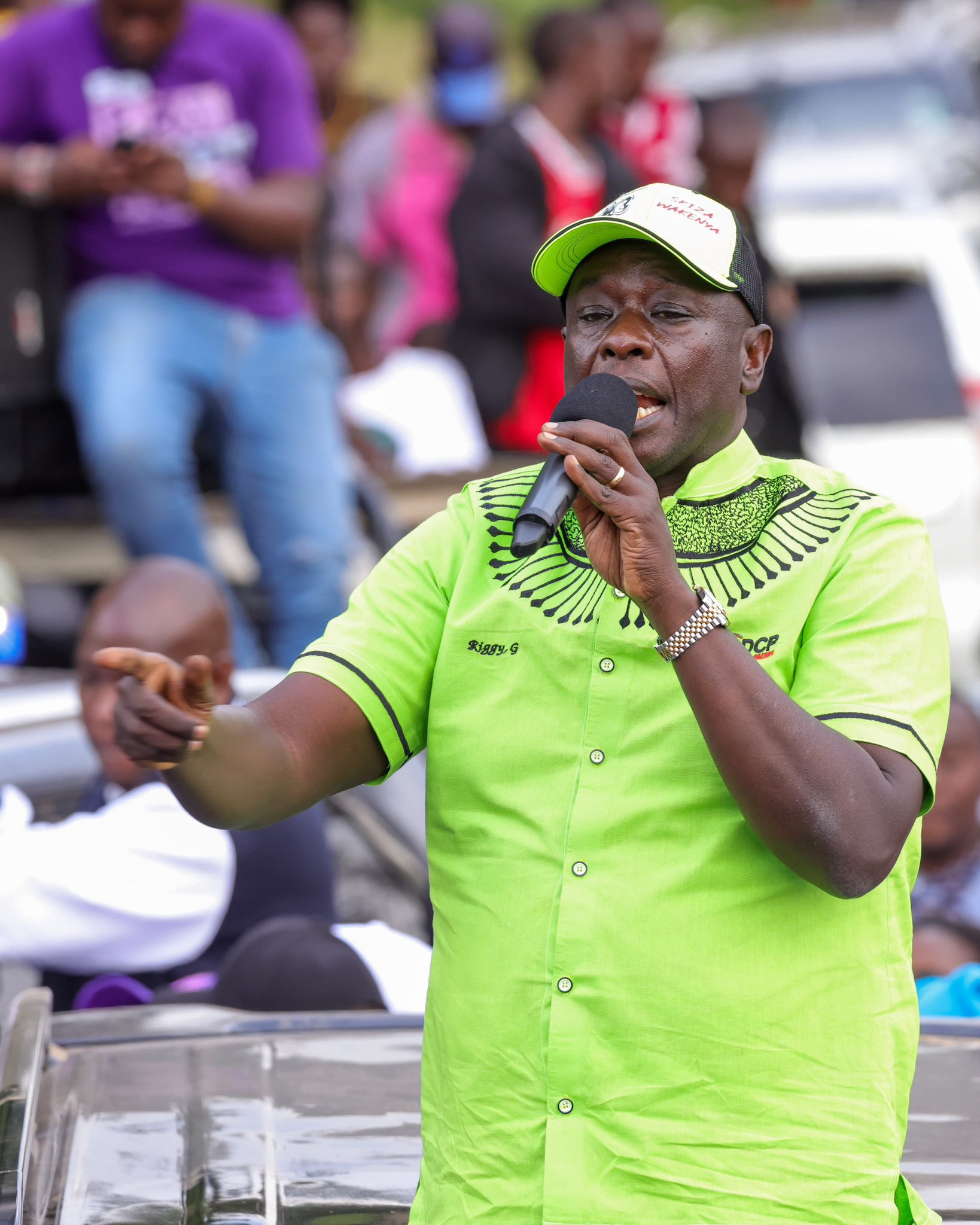



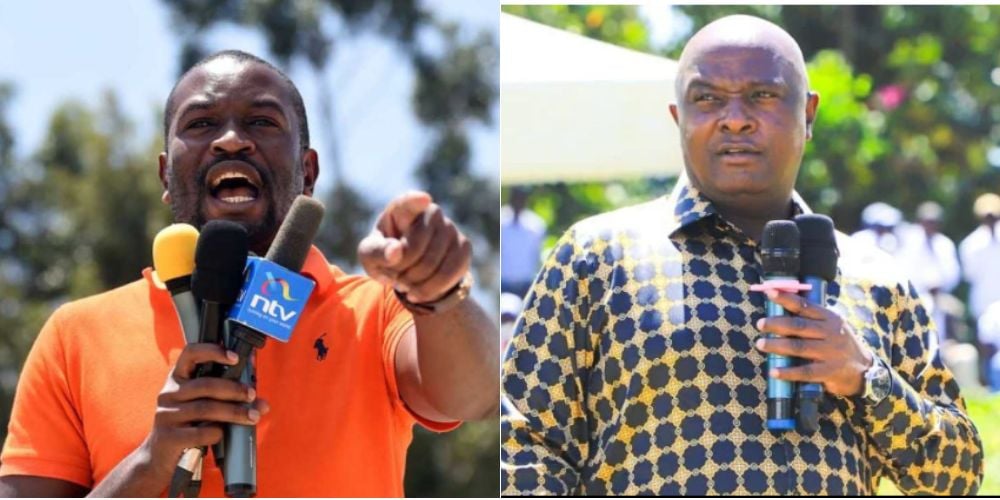
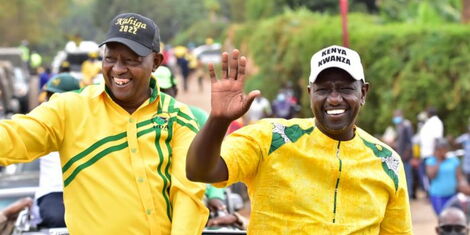
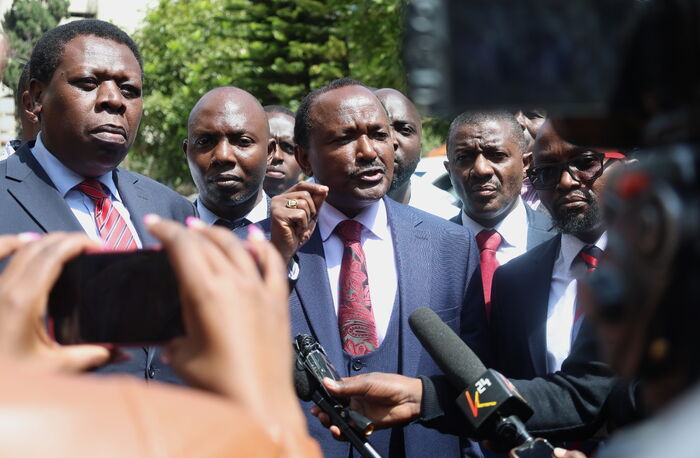
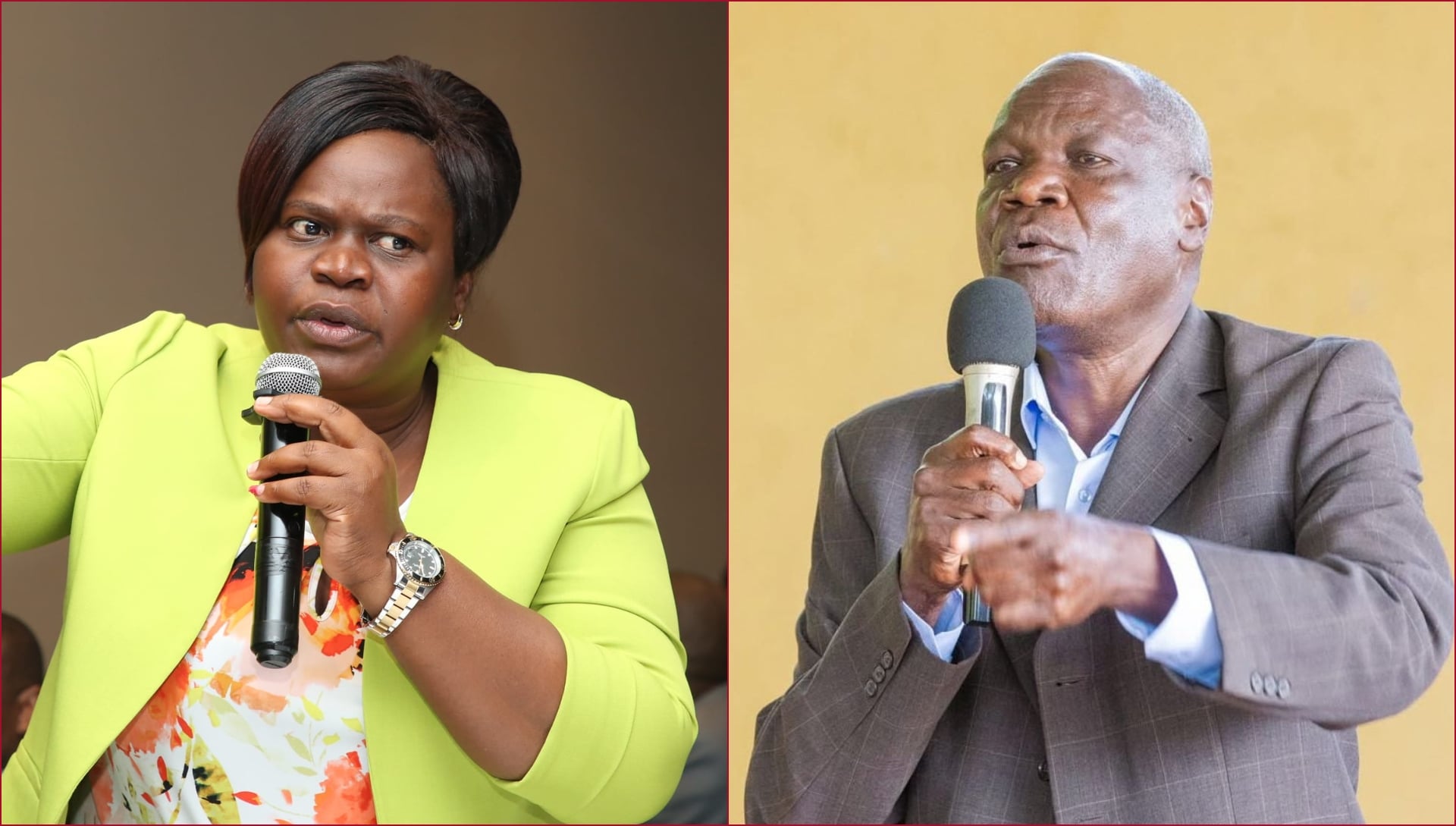
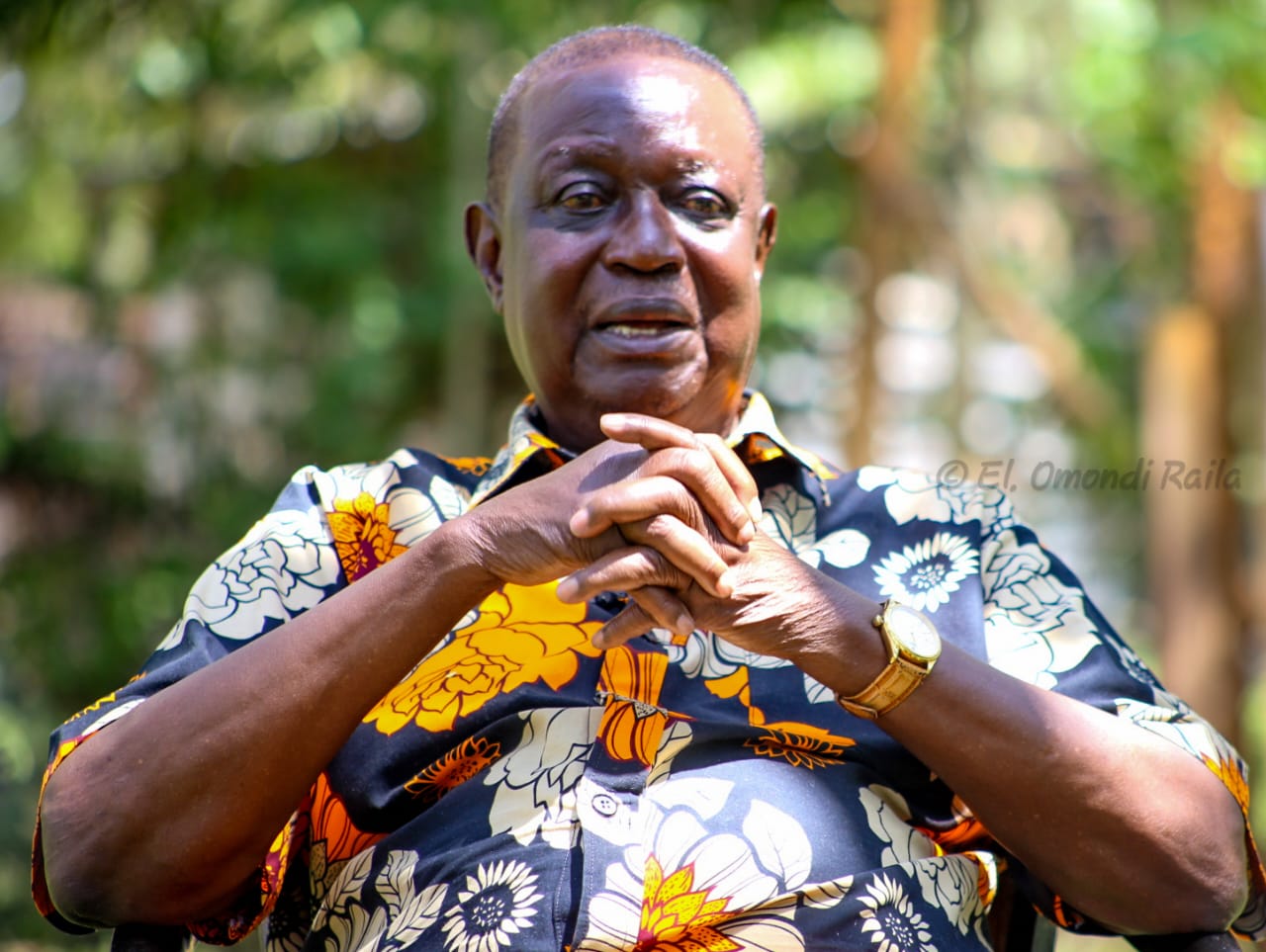
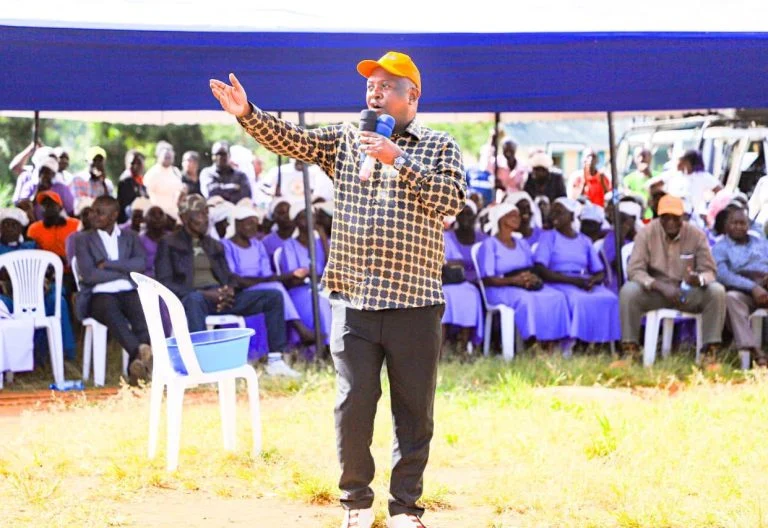
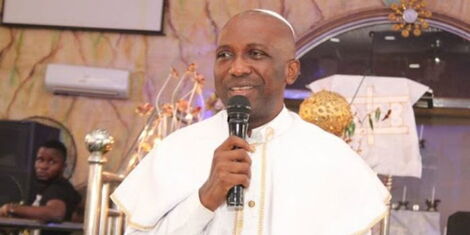
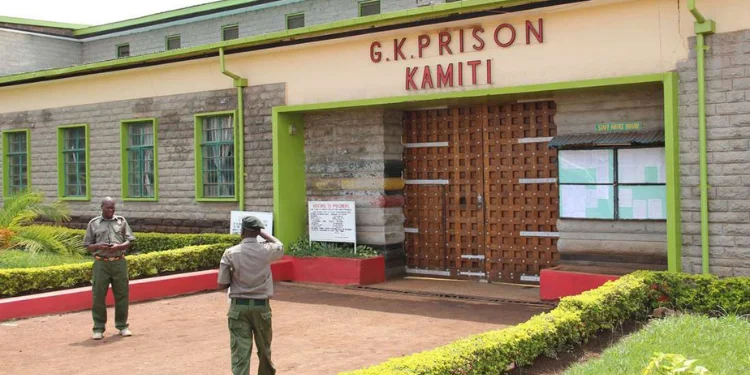

Leave a Reply